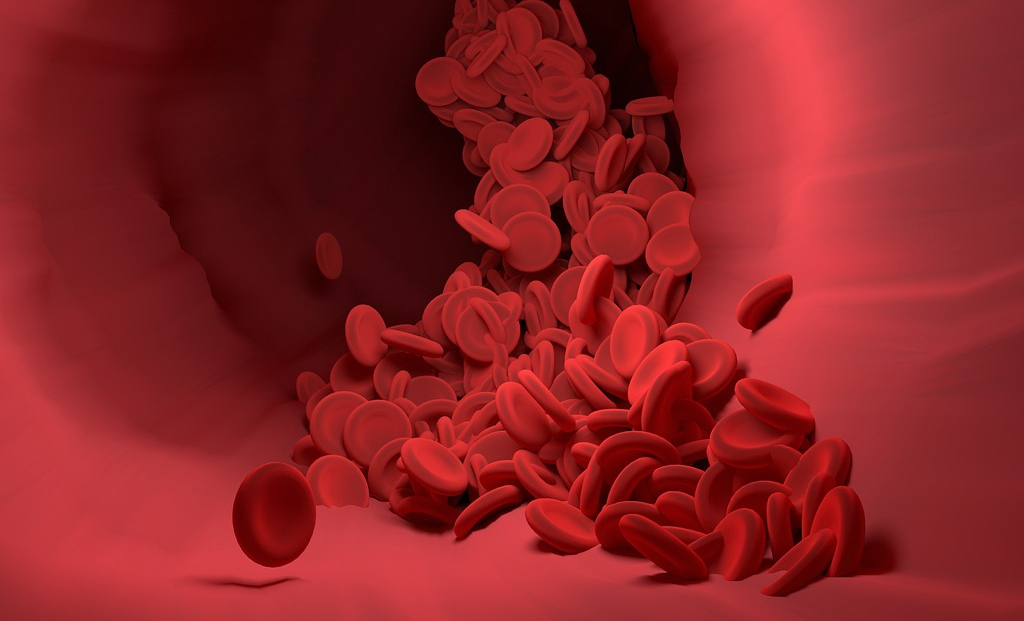By- Functional Nutritionist Mugdha Pradhan, CEO and Founder, iThrive
Thalassaemia is a group of genetic blood disorders that affect the body’s ability to produce haemoglobin, a protein found in red blood cells that carries oxygen throughout the body. Thalassaemia results in anaemia, a condition where there is a deficiency of healthy functioning. The disease is caused by mutations in the genes that make haemoglobin, and the severity of it can vary widely depending on the specific genetic mutations present.
Symptoms of Thalassaemia can include fatigue, weakness, pale skin, jaundice, bone deformities, and an enlarged spleen. In severe cases, it can cause heart failure and other life-threatening complications. Conventional medical treatments for Thalassaemia include blood transfusions, iron chelation therapy, and bone marrow transplantation.
Broadly speaking, this disease occurs in two types: Thalassaemia major and Thalassaemia minor. The former is a minor form of the disease that most often does not present with severe symptoms and can easily be managed through diet and lifestyle.
Thalassaemia major, though, does require blood transfusion and other medical interventions on a regular basis.
Holistic and functional medicine approaches for Thalassaemia focus on addressing the root causes. These approaches aim to support the body’s natural iron absorption and management processes and promote overall health as well as well-being.
A nutrient-rich diet can help support the body’s ability to produce healthy red blood cells and reduce inflammation, which is a common complication of Thalassaemia.
Foods high in iron, vitamins B12, B6 and folate are important in Thalassaemia
Foods that are high in iron, vitamins B12, B6, and folate are particularly important for people suffering from the disease.
In addition to a healthy diet, supplements may also be helpful for people with Thalassaemia. Some supplements that have been studied for their potential benefits in Thalassaemia include vitamin D, omega-3 fatty acids, and antioxidants like vitamin E and selenium.
A key principle of functional medicine is targeted bio-individual treatment based on detailed data obtained through advanced testing. Based on the data obtained, we decide whether the individual requires support in the aspect of iron deficiency or whether there is an iron overload. In the case of the former, bioavailable iron supplementation is required to meet the deficiency whereas the latter requires iron chelation therapy to remove the extra iron stores.
In A First, Doctors Perform Brain Surgery On 34-Week-Old Fetus | ALSO READ
DFO, DFP, and deferasirox (DFX) are iron chelators of choice used for the treatment of β-thalassemia patients with iron overload.
Another important aspect is stress reduction. Stress can exacerbate the symptoms of Thalassaemia and make it more difficult for the body to heal. Meditation, yoga, and deep breathing can help reduce stress and promote relaxation. Acupuncture and other
forms of traditional Chinese medicine may also be helpful for people with Thalassaemia.











